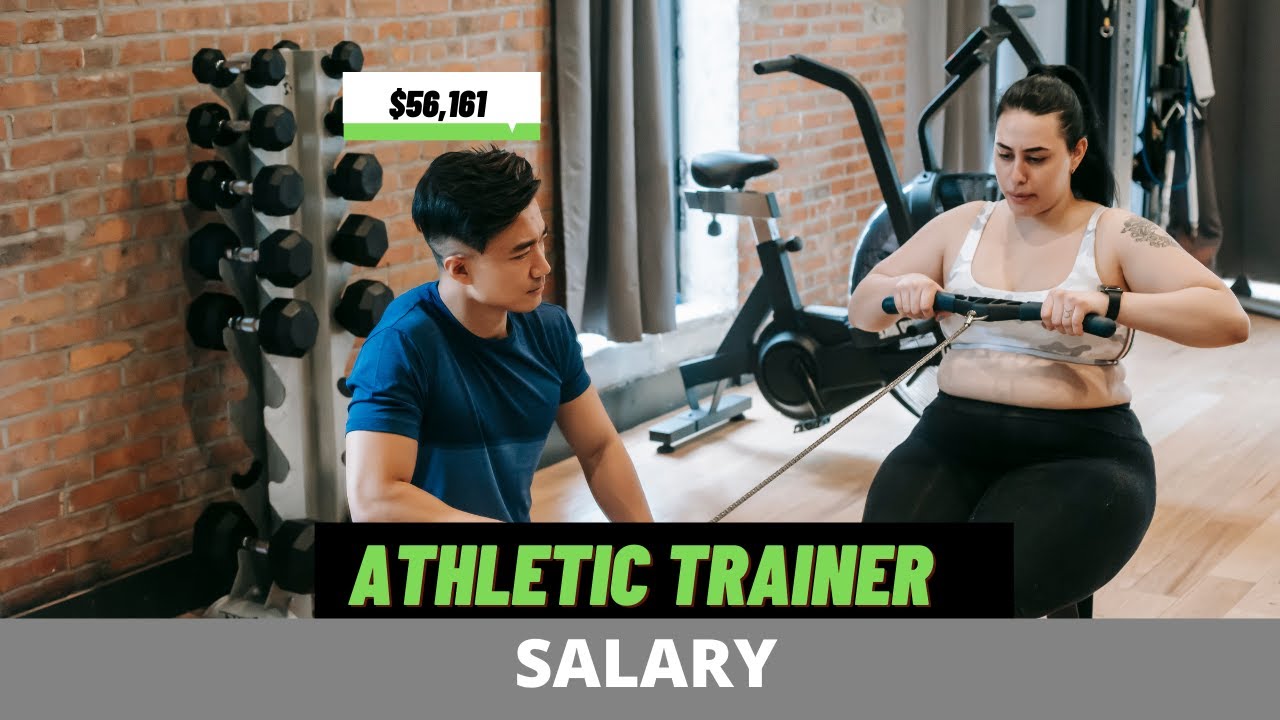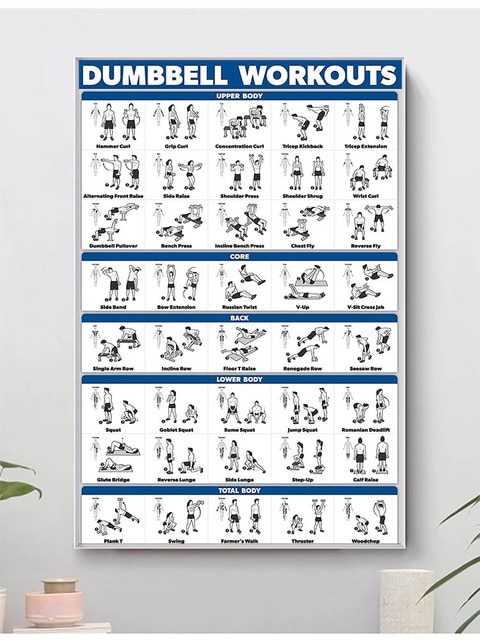
Home workouts for runners are a great way to build strength and boost cardio without the need for equipment or a gym. While some weather circumstances may inhibit your ability to go outside for a run, these at-home workouts can help you strengthen your body for running.
Bodyweight Exercises for Runners
Bodyweight exercise is a great way to build core strength. They're also an effective way to prevent common running injuries like IT band syndrome.
Add strength training to any fitness routine. For some, adding an additional workout to their schedule each week can be intimidating.
Learning the basic bodyweight exercises, like pushups, lunges and squats is the first step in building a workout. These can be done in a variety of ways and are a good place to start.

A plank is another great bodyweight exercise that will help you maintain proper form as a runner and develop a strong core. You can get a lot of isometric muscle strengthening by holding the plank for between 30 seconds and two minutes.
It will also provide a great cardio workout.
Being able to maintain good form while running and avoid injury will allow you more time for your workouts.
If you are looking to add strength to your routine of running while also working your upper-body, the eccentric calves raise is for you. According to research published in Journal of Applied Physiology, performing this exercise slowly and controlled will increase your strength while increasing the size of your muscles.
A great way for runners to gain strength is the single-leg glute bridge. This is a similar exercise to ballet that challenges your balance and strengthens your glutes and thighs.

Kawamoto advises you to do this workout at least once a week. It's a simple and quick workout that will give your legs, glutes and back a well-deserved workout.
Use this home workout as a warm up to your running session or as a quick cool down after your race. It is ideal for those with limited time.
Include this workout at home in your running regimen at least two times a week. If you are a novice, begin with only one round. Gradually increase the length over a couple of weeks. If you're a beginner, start with just one round and gradually increase the length of the exercise over a few weeks.
FAQ
Do I need warmth before I exercise?
Warming up before you start an activity will reduce muscle soreness. There are many methods you can use to warm up, including running, jumping rope and stretching. Begin slowly, and then increase the intensity.
Which Is more important? Exercise, diet, sleep?
What you are looking to accomplish will determine the answer. It is important to lose weight. However, if you want to gain muscle mass, then exercise is the most important factor for building muscles. Sleep is the last important factor, as it has little to do with how well your day goes.
What happens to me if I don’t sleep enough?
You can't get enough sleep and your brain will not be able to regulate hormones and chemicals responsible for controlling appetite and metabolism. This can lead to weight gain and excess eating. Overeating can also be caused by a lack of sleep.
Statistics
- Globally, 81% of adolescents aged 11-17 years were insufficiently physically active in 2016. (who.int)
- In high-income countries, 26% of men and 35% of women were insufficiently physically active, as compared to 12% of men and 24% of women in low-income countries. (who.int)
- An estimated 110,000 deaths per year could be prevented (cdc.gov)
- In 2018, the World Health Assembly agreed on a global target to reduce physical inactivity by 15% by 2030 and align with the Sustainable Development Goals. (who.int)
External Links
How To
How to stay fit at 40
This article will help those over 40 who want to maintain a healthy body. This article will provide basic advice on eating right, exercising, sleeping well, and taking care of your mental health. This article will give you tips on living longer and healthier.
-
Eat Right - The first thing you should do when trying to stay fit is to ensure you're eating the right foods. Avoid processed foods and opt instead for whole grains, fruits and vegetables, lean meats and fish, as well as nuts, seeds and beans. Add something to your diet if it isn't what you like. You won't lose weight if you don't eat as much. Try adding small amounts of different foods to your daily meal. If you normally only eat chicken breasts, you might consider adding turkey to your weekly meals. Rice is another option if you enjoy pasta. These foods should be a part of your daily life.
-
Exercise - You should exercise at least three days per week. Include cardio activities like running, swimming, biking and dancing. Make sure to get enough rest. It is recommended that you get at least 8 hours sleep per night. It is important to drink enough water throughout each day. Every day, aim to drink at least 2 liters (0.5 gal) of water.
-
Get enough sleep to stay healthy. The National Sleep Foundation estimates that adults need to get 7-8 hours sleep each night to achieve optimal physical and psychological health. The majority of people sleep less than 6 hrs a night. You might consider changing your sleeping patterns if you feel tired all day. To catch up on sleep, you can adjust your sleeping habits to get to bed earlier and wake up later. To help you relax and wind down, turn off your phone before you go to bed. Avoid caffeine after noon, as it can cause sleeplessness.
-
Take Care of Your Mental Health. Taking care of yourself is key to maintaining a healthy body. Stress can cause poor eating habits and unhealthy lifestyle choices. You should practice stress management techniques, such as yoga, meditation, breathing exercises, or relaxation. Try to spend one hour of your free time doing something enjoyable. This could be taking a stroll outside, reading a book or listening to music.
These four tips will help you live longer, and be healthier. These simple steps will allow you to reach your fitness goals.